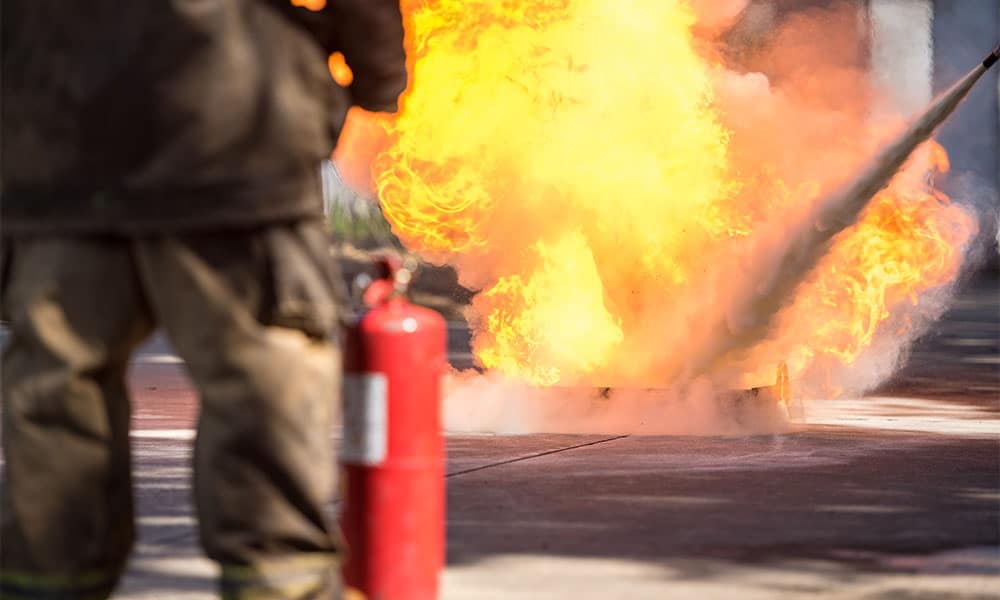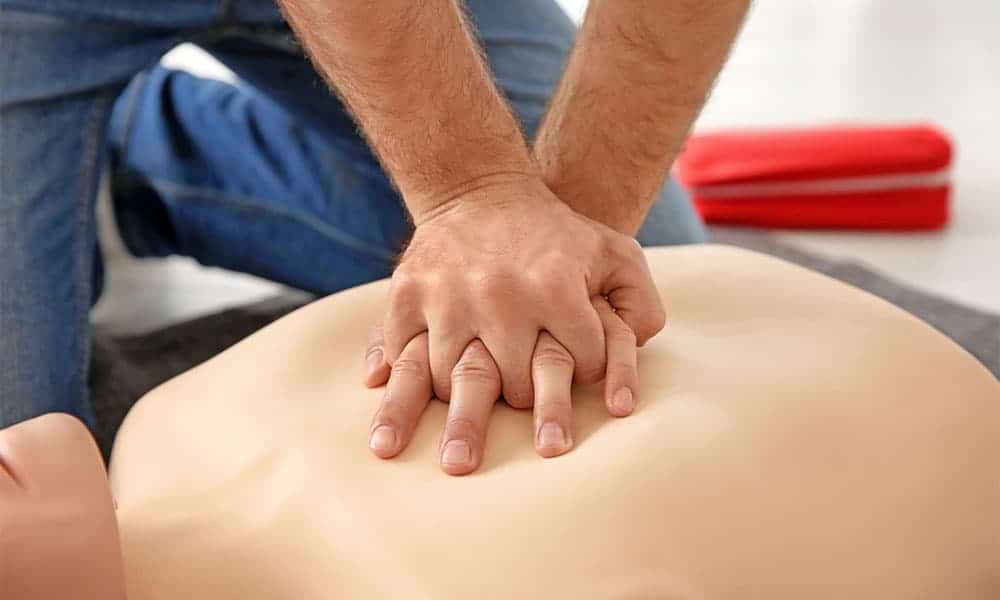Qualification Level: Entry Level
Course Introduction:
Specialized training for individuals pursuing a career as phlebotomy technicians.
Course Objective: Develop proficiency in blood collection techniques, specimen handling, and patient interactions.
Course Outline:
1. Introduction to IV Therapy:
Overview of IV therapy and its importance in healthcare
Legal and ethical considerations in IV administration
2. Anatomy and Physiology of the Circulatory System:
Understanding the circulatory system and vascular anatomy
Importance of maintaining vascular integrity during IV therapy
3. Infection Control and Aseptic Technique:
Principles of infection control in IV therapy
Maintaining aseptic conditions during IV procedures
4. IV Therapy Equipment and Supplies:
Familiarization with IV equipment, including catheters, tubing, and infusion pumps
Proper handling and care of IV supplies
5. Types of Intravenous Solutions:
Understanding different types of IV fluids (e.g., isotonic, hypertonic, hypotonic)
Indications and contraindications for specific solutions
6. Medications in IV Therapy:
Overview of medications commonly administered via IV
Understanding compatibility and incompatibility of IV medications
7. IV Catheter Insertion:
Techniques for aseptic IV catheter insertion
Site selection and assessment for IV access
8. IV Site Care and Maintenance:
Proper care and maintenance of IV sites
Recognizing and addressing complications (e.g., infiltration, phlebitis)
9. IV Infusion Rate Calculations:
Understanding infusion rates and drip factors
Calculating and adjusting IV flow rates
10. Central Venous Access Devices (CVADs):
Overview of central venous catheters and peripherally inserted central catheters (PICCs)
Care and maintenance of CVADs
11. Blood Transfusions:
Guidelines for administering blood and blood products via IV
Monitoring patients during blood transfusions
12. IV Therapy Complications and Emergency Management:
Recognizing and responding to common complications (e.g., air embolism, catheter dislodgement)
Emergency procedures in IV therapy
13. Documentation and Record-Keeping:
Proper documentation of IV therapy procedures
Record-keeping and reporting requirements
14. Patient Education and Communication:
Communicating with patients about IV therapy procedures
Providing education on self-care and monitoring
15. Legal and Ethical Considerations in IV Therapy:
Understanding legal responsibilities and limitations
Adhering to ethical standards in IV therapy practice
16. Review and Certification Exam Preparation:
Comprehensive review of course material
Practice exams and quizzes
Guidance on preparing for the IV Therapy certification exam
17. IV Therapy Certification Exam:
Information on scheduling and taking the certification exam
Course Duration: 80 Hours
Target Audience: Aspiring phlebotomy technicians, healthcare professionals, and medical staff.
Mode of Training: Virtual/Live Training: Hands-on practical sessions with online/In-person modules for theoretical understanding.
Minimum Participants: 5
Maximum Participants: 10
Certificate Validity: 2 Years
Eligibility Criteria: High school diploma or equivalent, basic medical knowledge
Links for reference:
Enter the text or HTML code here








